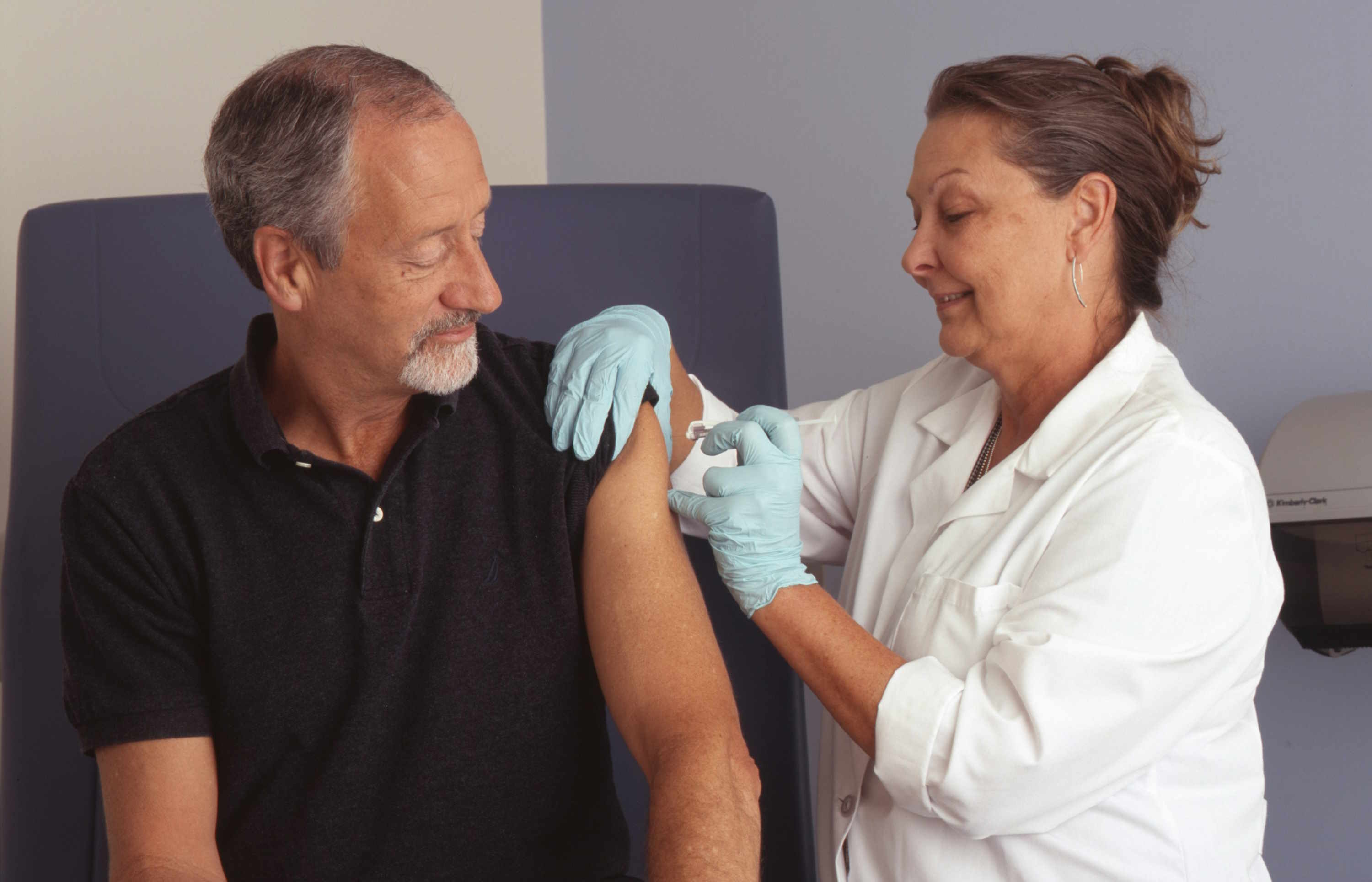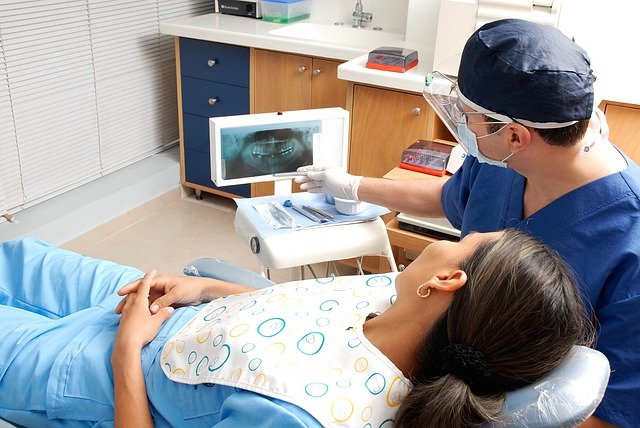Pneumonia Treatment: Medical Options and Prevention Strategies
Pneumonia vaccination helps protect against serious lung infections caused by bacteria or viruses. It is especially important for children, older adults, and individuals with weakened immune systems, reducing the risk of severe illness, hospitalization, and related health complications.

Pneumonia Vaccine Information and Benefits
Pneumonia vaccines provide substantial protection against the most common bacterial causes of pneumonia, particularly Streptococcus pneumoniae. Two primary vaccines are available: the pneumococcal conjugate vaccine (PCV13) and the pneumococcal polysaccharide vaccine (PPSV23). These vaccines significantly reduce the risk of developing pneumococcal pneumonia, which accounts for a large percentage of bacterial pneumonia cases.
The benefits extend beyond individual protection. Vaccination creates community immunity, protecting vulnerable populations who cannot receive vaccines due to medical conditions. Studies demonstrate that pneumonia vaccines reduce hospitalization rates by approximately 45% in older adults and decrease the severity of illness when infections do occur.
How Pneumonia Vaccines Protect Against Infection
Pneumonia vaccines work by stimulating the immune system to produce antibodies against specific strains of pneumococcal bacteria. When exposed to these bacteria in the future, the immune system rapidly recognizes and neutralizes the threat before infection can establish itself in the lungs.
The PCV13 vaccine protects against 13 strains of pneumococcal bacteria and provides longer-lasting immunity, while PPSV23 covers 23 strains but may require booster shots. These vaccines train immune cells to remember pneumococcal antigens, creating both immediate antibody responses and long-term immune memory that can last for years.
Who Should Get the Pneumonia Vaccine
Healthcare guidelines recommend pneumonia vaccination for specific age groups and high-risk individuals. All adults aged 65 and older should receive pneumonia vaccines, typically starting with PCV13 followed by PPSV23 one year later. Children under two years old routinely receive PCV13 as part of their standard immunization schedule.
High-risk adults under 65 should also receive vaccination, including individuals with chronic conditions such as heart disease, diabetes, chronic lung disease, or compromised immune systems. People who smoke cigarettes or have alcohol use disorders face increased pneumonia risk and benefit significantly from vaccination.
Pneumonia Vaccines Explained: Types and Administration
The two main pneumonia vaccines serve different purposes and are often used together for maximum protection. PCV13 contains purified capsular polysaccharides from 13 pneumococcal strains conjugated to a protein carrier, making it more effective in generating immune responses in young children and older adults.
PPSV23 contains polysaccharides from 23 different pneumococcal strains but without protein conjugation. While it covers more strains, the immune response may be less robust and shorter-lasting compared to PCV13. Healthcare providers typically administer these vaccines as single injections in the upper arm muscle, with minimal side effects such as mild soreness or low-grade fever.
Treatment Approaches Beyond Vaccination
When pneumonia does develop despite preventive measures, treatment depends on the underlying cause. Bacterial pneumonia typically requires antibiotic therapy, with medication selection based on the suspected or confirmed bacterial strain, patient age, and overall health status. Outpatient treatment often involves oral antibiotics like amoxicillin or azithromycin, while severe cases may require hospitalization and intravenous antibiotics.
Viral pneumonia treatment focuses on supportive care, including rest, hydration, and symptom management with fever reducers and cough suppressants. Antiviral medications may be prescribed in specific cases, particularly for influenza-related pneumonia. Oxygen therapy and mechanical ventilation become necessary for patients experiencing respiratory distress or failure.
Recovery from pneumonia varies widely, with most healthy individuals recovering within one to three weeks with appropriate treatment. However, older adults and those with underlying health conditions may require longer recovery periods and more intensive medical supervision. Follow-up care ensures complete resolution of the infection and helps prevent complications such as pleural effusion or lung abscesses.
Pneumonia treatment and prevention represent interconnected aspects of respiratory health management. While vaccines provide excellent protection against the most common bacterial causes, comprehensive care includes prompt medical attention when symptoms develop, appropriate antibiotic or supportive therapy, and attention to risk factors that increase susceptibility. The combination of vaccination, early recognition, and proper medical treatment significantly reduces both the incidence and severity of pneumonia, protecting individuals and communities from this potentially serious respiratory infection.
This article is for informational purposes only and should not be considered medical advice. Please consult a qualified healthcare professional for personalized guidance and treatment.




